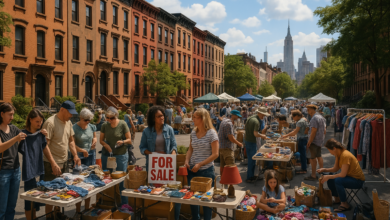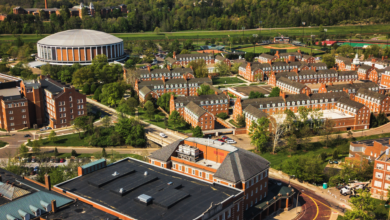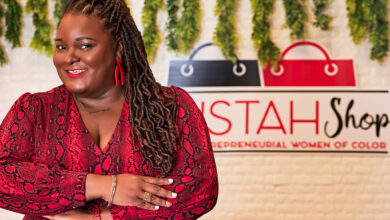“Are You Your Hair? Rooted in Discrimination, What is The Impact of Hair on Black Women’s Identity?”
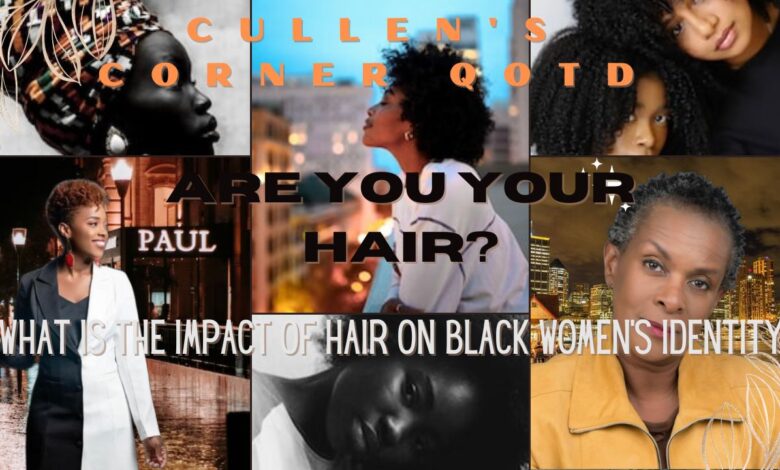
Hair has always been an essential part of a person’s identity, and for black women, it holds even more significance. The history of discrimination against black women’s hair is deeply rooted in racism, and its impact on their identity is complex and multifaceted.
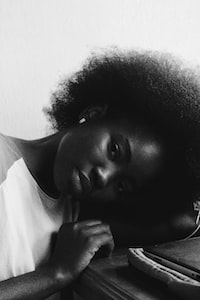
For centuries, black women have been judged and discriminated against based on the texture and style of their hair. European beauty standards have been imposed on them, resulting in the belief that straight, smooth hair is more desirable than kinky, curly hair. This has led to the widespread use of relaxers, weaves, and wigs to conform to these standards.
However, in recent years, there has been a shift in the way black women view their hair. They are embracing their natural hair texture and celebrating their cultural heritage. This movement has brought attention to the negative impact that discrimination against black women’s hair has had on their self-esteem and confidence.
Black women’s hair is not just a physical attribute but a symbol of their identity and culture. It represents their roots and their history, and when they are forced to conform to European beauty standards, they are stripped of their identity.
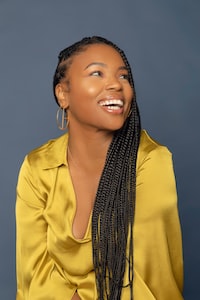
The impact of hair on black women’s identity is complex. It can affect how they feel about themselves and how others perceive them. It can also impact their career prospects, with black women being discriminated against in the workplace for their natural hair.
The complexity of this relationship highlights the need for society to recognize and respect the diversity of beauty standards. Black women should be allowed to wear their hair in whatever way they choose without fear of discrimination. They should be able to embrace their natural hair texture and celebrate their cultural heritage without feeling the need to conform to European beauty standards.
Black women’s hair is a significant aspect of their identity, deeply rooted in their history and culture. Discrimination against their hair has a negative impact on their self-esteem, confidence, and career prospects. It’s time for society to recognize and embrace the diversity of beauty standards and celebrate black women’s natural hair texture. Bias and discrimination against natural hairstyles in the workplace remain a systemic problem, disproportionately impacting Black women. No one should be denied access to employment opportunities or professional advancement because of their hair.
Amplify the real stories and voices of Black women to help redefine what society deems “professional” for the workplace
What are YOUR Thoughts Corner Family?


